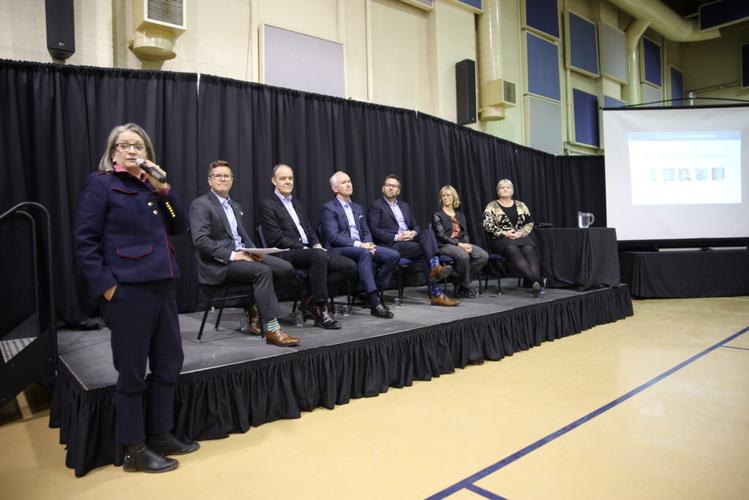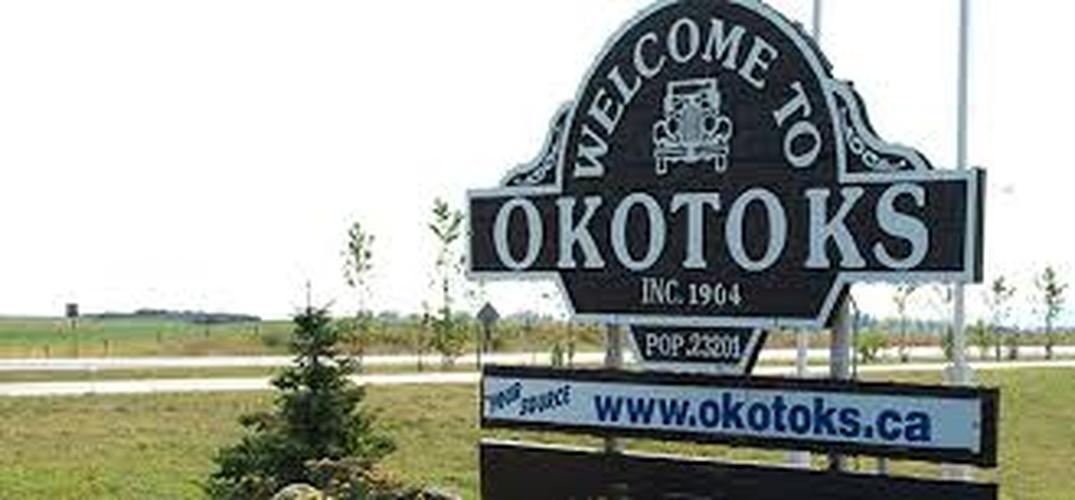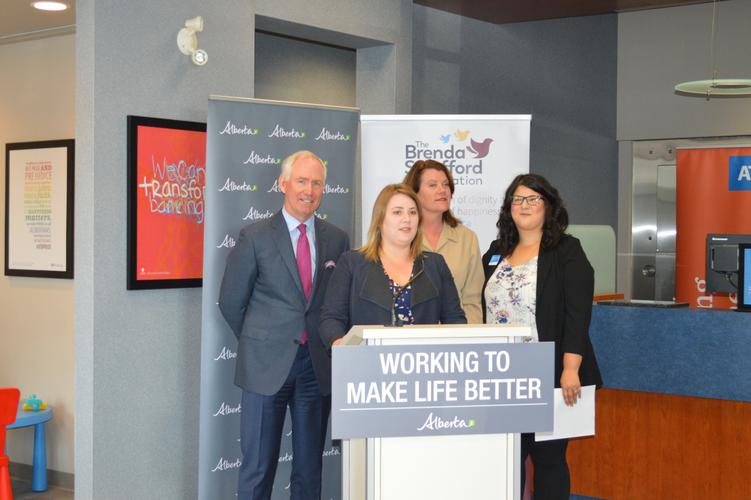Two-day event explores roles that community and policy can play in enhancing resilience in an aging population
One could say that the Brenda Strafford Centre on Aging has its work cut out for it. Thanks to factors such as aging baby boomers, dropping birth rates, and improved life expectancy, for the first time adults over the age of 65 make up a bigger segment of Canada’s population than children.
But while population aging may pose challenges, the centre’s academic lead, Dr. David Hogan, points out that aging presents even greater opportunities.
“Older adults play an important role in our society. They have a wealth of skills and experiences, and contribute to their families, communities, and society as a whole in very significant ways,” says Hogan, a professor in the Department of Medicine at the Cumming School of Medicine.
Living well in the face of adversity
Earlier this month, the centre hosted its first event since moving under the umbrella of the O’Brien Institute for Public Health. Resilience in Aging: Exploring People, Places, and Policies brought researchers, clinicians, policy-makers and community members together to discuss the multiple factors that determine our resiliency as we age.
Keynote presenter Janine Wiles, PhD, associate professor in population health at the University of Auckland, said that while personal characteristics such as a positive attitude, keeping busy and having a purpose are important, external resources such as social support from family and friends, neighbours and community, as well as access to services and agencies, also play a crucial role in supporting resilience in older adults.
By Brittany DeAngelis, O'Brien Institute for Public Health




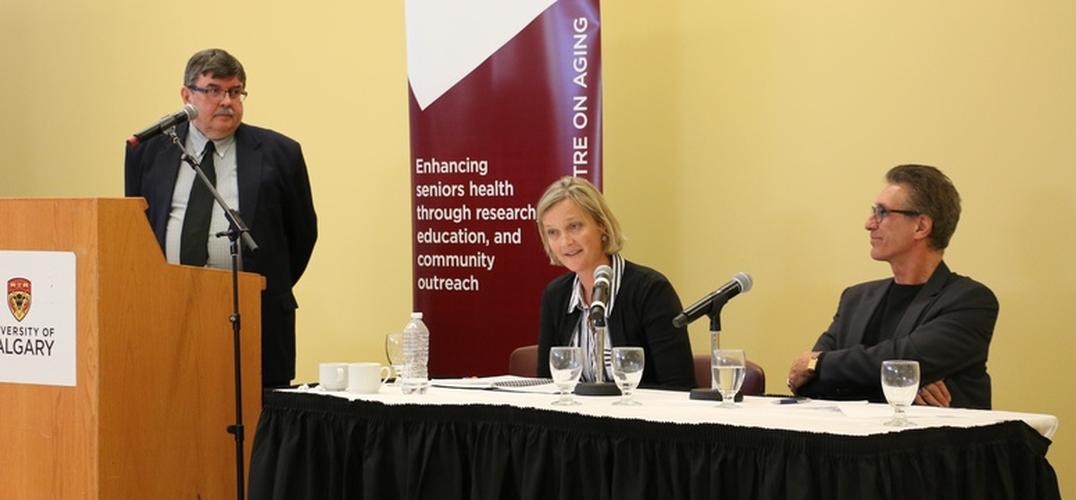
.jpg)
.png)
.png)

.png)
.png)



.jpg)
.png)
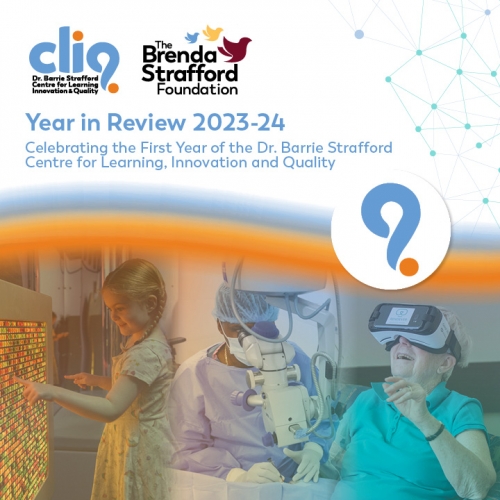
.png)

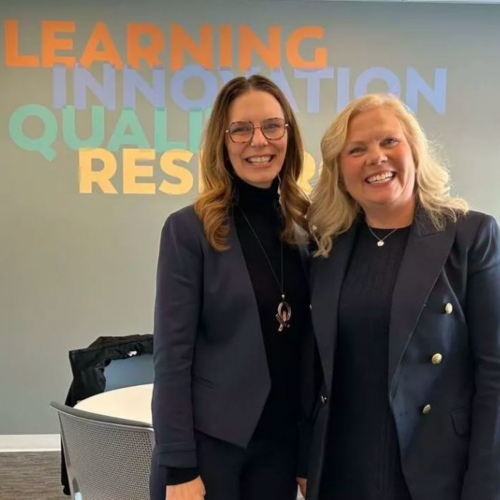
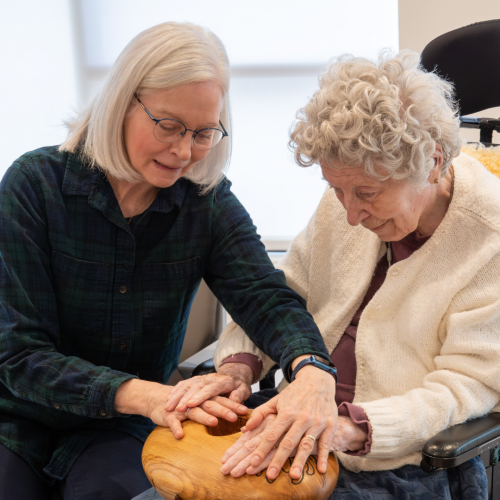
.png)
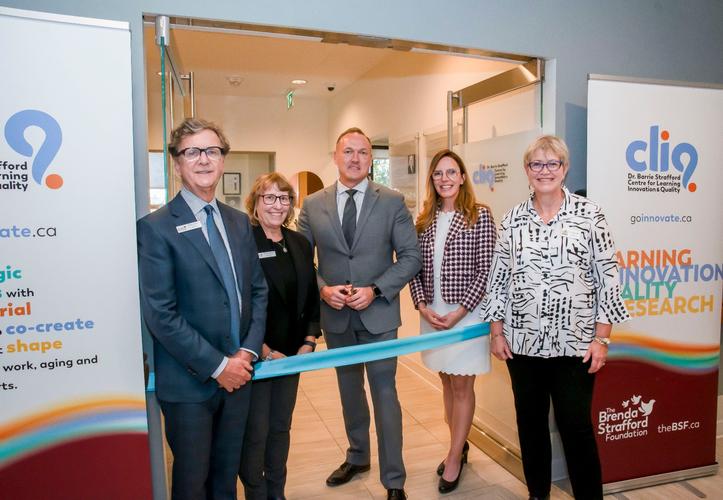
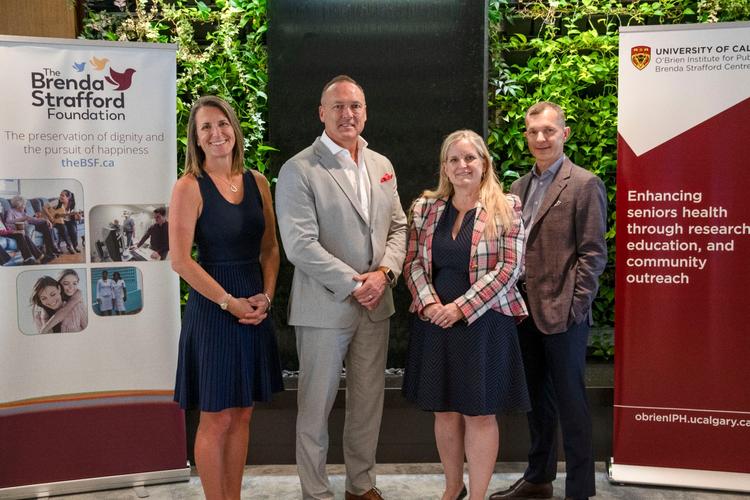

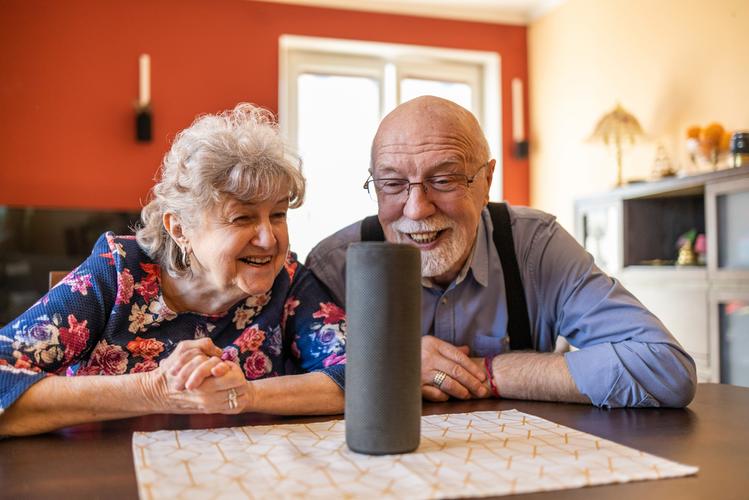
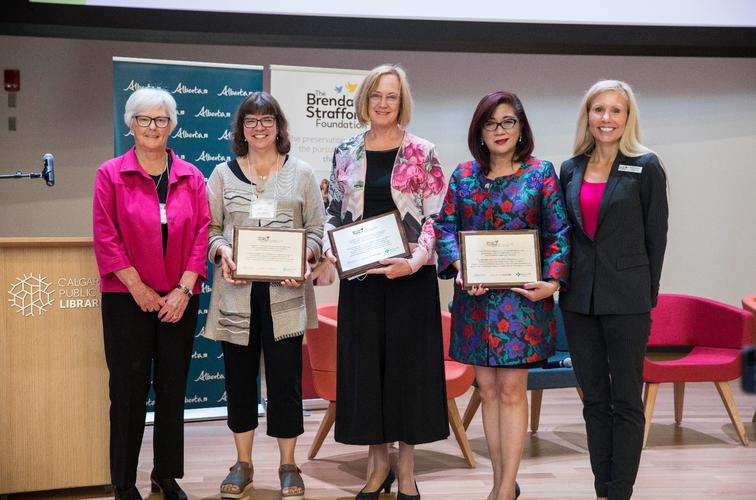
.jpg)

